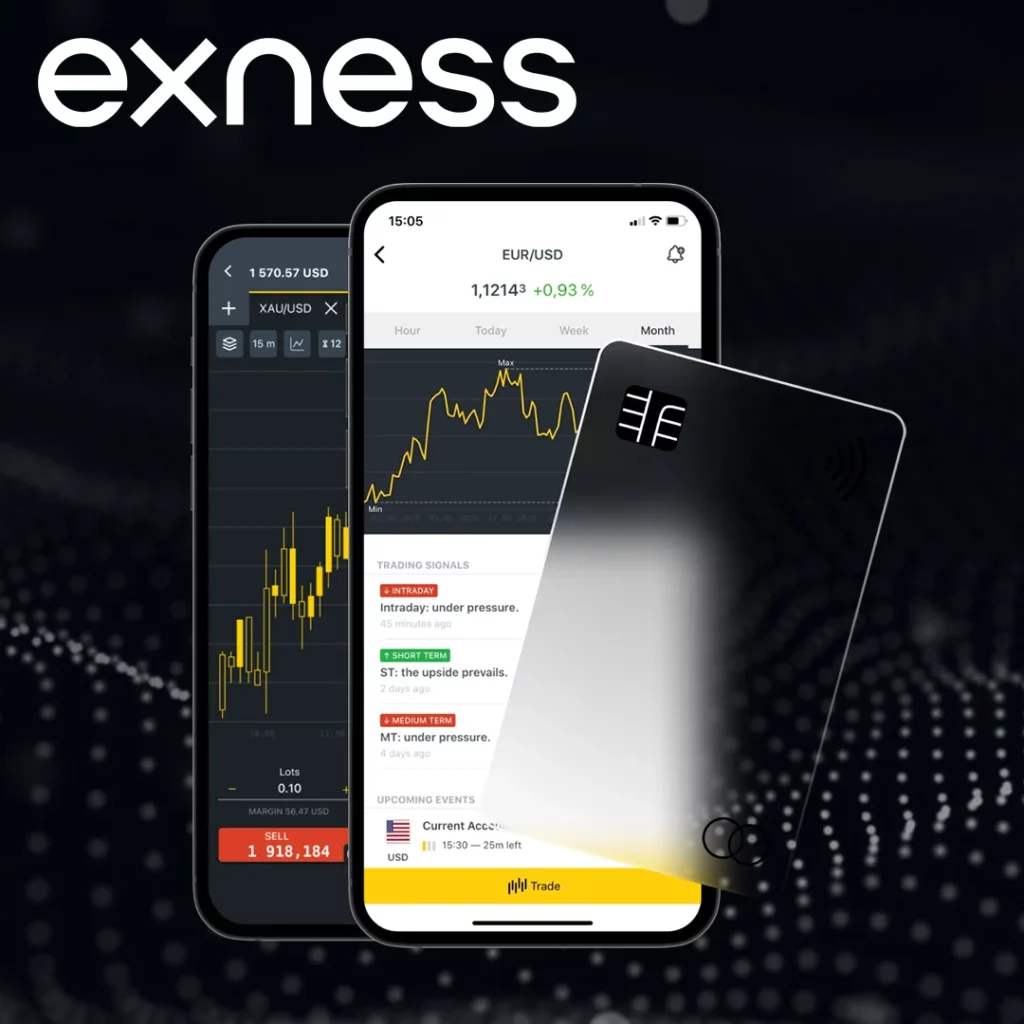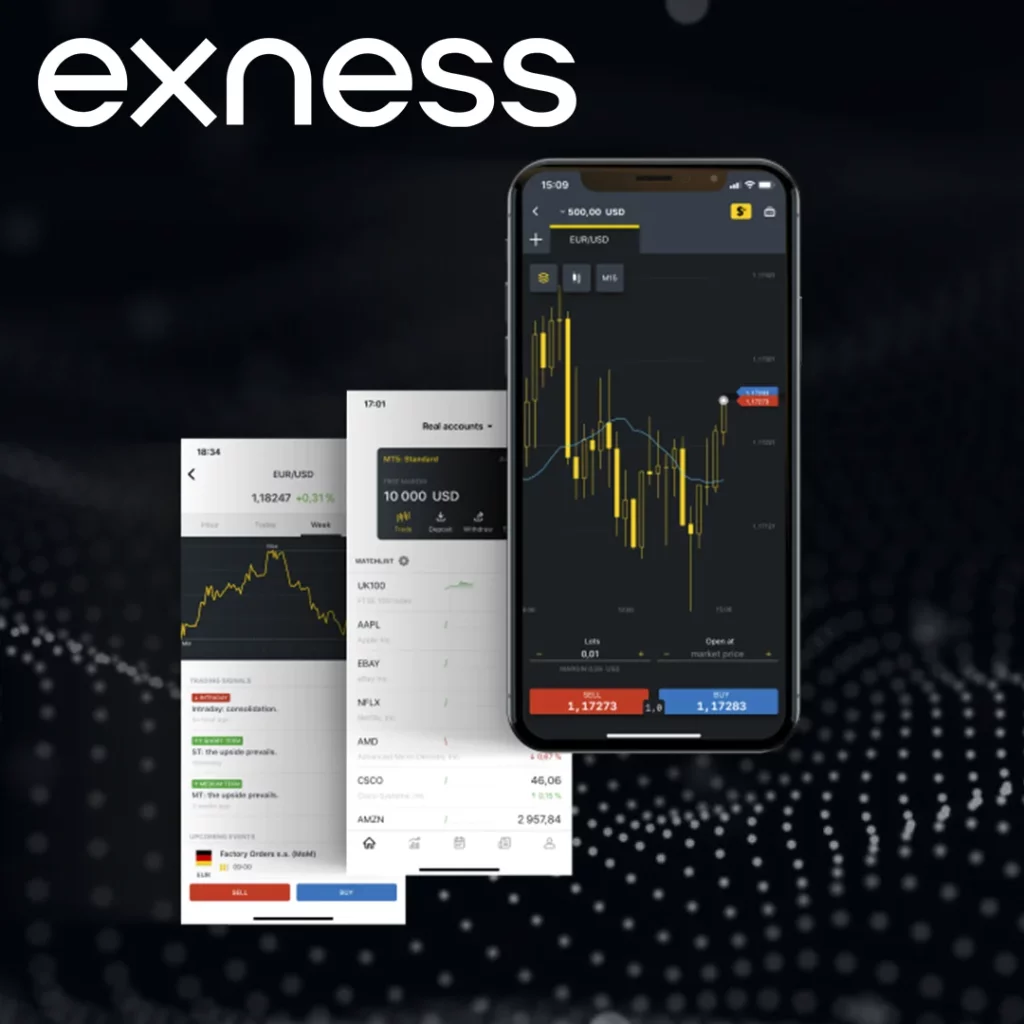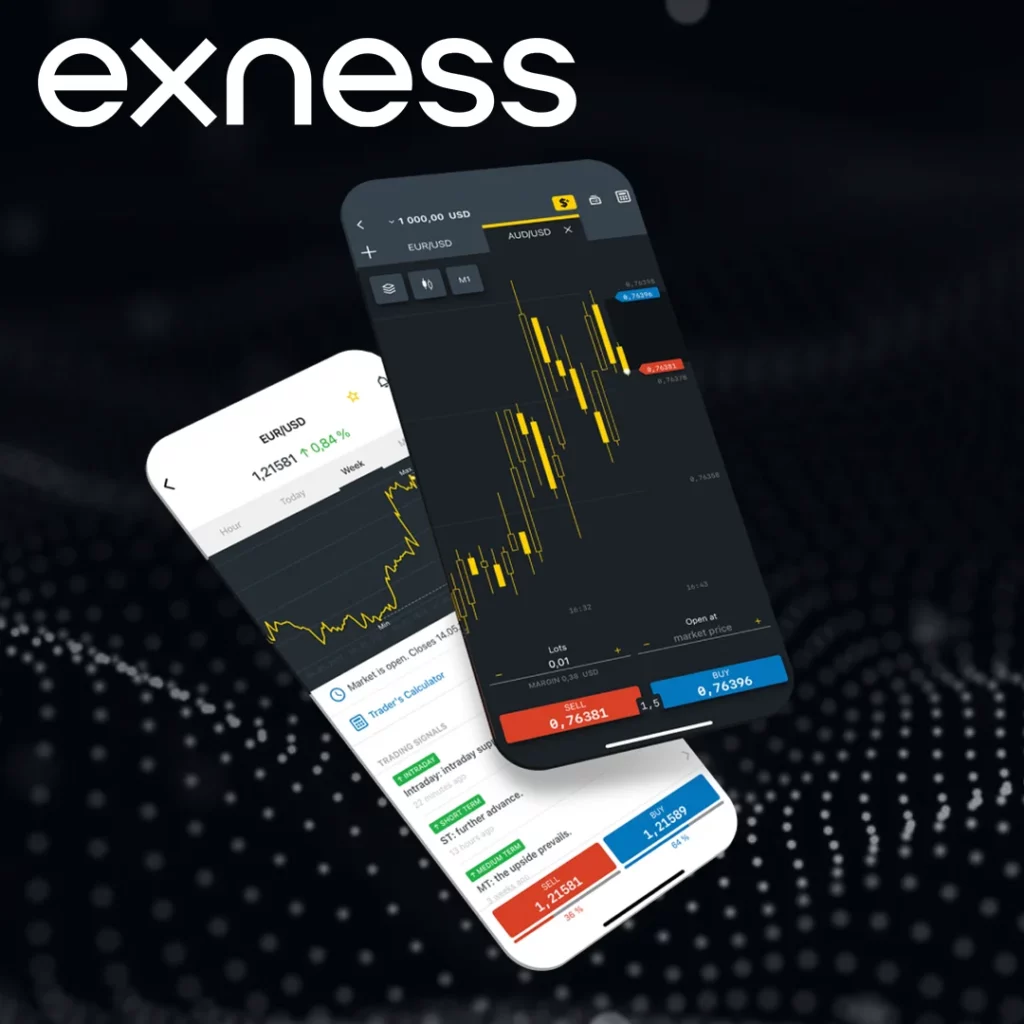Exness has built a strong reputation in the world of forex trading. Known for its flexible trading conditions and wide range of account types, many traders wonder whether Exness qualifies as a true ECN broker. Let’s take a deep dive into the broker’s structure and execution model to determine where Exness stands in the broader context of ECN brokers.
What Does “True ECN” Mean?
Before getting into the specifics of Exness, it’s important to understand what a “true ECN” broker is. An ECN (Electronic Communication Network) broker connects traders directly to liquidity providers, such as banks, hedge funds, and financial institutions, via an automated network. In an ECN setup, there’s no middleman. This means that orders are matched between buyers and sellers, and liquidity is sourced from the interbank market. The key features of a true ECN broker are:
- Direct market access to liquidity providers.
- No interference in price movement from the broker (no dealing desk).
- Tight spreads and low commissions.
- Fast execution and minimal slippage.
These qualities make ECN brokers attractive to professional traders, as they often offer the most efficient and transparent trading conditions.

Exness Model: Hybrid or ECN?
Exness markets itself as a top-tier broker with competitive trading conditions. However, it’s important to note that Exness doesn’t strictly adhere to the ECN model. While Exness provides some features typical of ECN brokers, it also integrates market-making elements into its business model.
Exness offers various account types that cater to different trader preferences, including Raw Spread and Zero Spread accounts. These accounts offer low spreads and charge a commission per trade, which is more in line with ECN-style accounts. However, Exness also offers standard accounts, which come with fixed spreads and no commission, resembling the typical model of market makers.
To answer whether Exness is a true ECN broker, we must recognize that the broker uses a combination of ECN-like accounts and market-making features. This makes Exness a hybrid broker rather than a pure ECN broker.
Account Types and Execution Models

Exness offers several account types designed to suit different types of traders. Each account type has a different execution model, which impacts how orders are processed:
- Raw Spread Account:
This account is designed for traders who need direct access to the interbank market. Spreads are as low as zero pips, and a commission is charged on each trade. This account type is best suited for traders looking for ECN-like conditions. - Zero Spread Account:
This account offers zero spreads with a commission per trade, similar to the Raw Spread account. While the spreads are low, there is a commission attached, which aligns with the ECN model of passing orders directly to liquidity providers. - Standard Account:
This account type comes with wider spreads, usually starting from around 1.5 pips, and does not charge any commission. This account is more suited for retail traders who don’t necessarily need ECN-level pricing and can tolerate wider spreads.
These varied account options suggest that Exness tries to cater to a broad range of traders, from retail investors to more sophisticated ones who prefer tighter spreads and direct market access.
Liquidity and Pricing Structure
One of the key hallmarks of ECN brokers is the liquidity they offer. ECN brokers provide direct access to the interbank market, which allows for tight spreads, often starting from zero. Exness provides highly competitive spreads, especially on its Raw Spread and Zero Spread accounts, with spreads starting at zero pips. This indicates that Exness sources liquidity from multiple providers, much like a typical ECN broker.
However, Exness also provides accounts with fixed spreads, which are more typical of a market maker. Fixed spreads do not fluctuate in real-time and are set by the broker. This can be seen in its Standard accounts, where the broker acts as the counterparty to the trade, rather than providing direct access to the market.
The key difference is that while the Raw Spread and Zero Spread accounts offer near-ECN conditions, the overall model at Exness blends liquidity provision and market-making, making it not strictly ECN.
Speed of Execution
One of the most crucial features for any trader, especially professionals, is the speed of order execution. True ECN brokers are known for their fast execution speeds and minimal slippage. Exness claims to offer low latency and fast execution times, which is a critical feature for traders who require quick order fills, especially in volatile market conditions.
Exness also mentions that it uses an advanced execution system to minimize slippage, which can occur in fast-moving markets. Slippage is more common with market makers, as the broker can adjust prices based on its own internal book of orders. ECN brokers, in contrast, tend to offer more transparent and direct pricing with minimal slippage. While Exness offers favorable execution speeds, it cannot fully guarantee zero slippage in all conditions, as some market-making elements are still in play.
Transparency and Market Access

Exness is fully regulated in multiple jurisdictions, including CySEC in Cyprus, the FCA in the UK, and other regulatory bodies in Seychelles. This regulation ensures that Exness adheres to industry standards and provides a level of transparency. The company publishes independent audits of its trading volumes and liquidity sources, which is a positive aspect for traders who value transparency.
However, Exness does not offer full transparency in terms of how it routes orders and whether all orders are sent directly to liquidity providers. This is one of the main distinguishing factors between ECN brokers and other types. A true ECN broker will provide full transparency in how orders are processed and routed to liquidity providers. Exness, on the other hand, may route some orders to its own book, especially for the accounts with fixed spreads.
Pros and Cons of Trading with Exness
Exness is a popular broker known for its competitive trading conditions. While it offers some ECN-like features, it combines both ECN and market-making models. Here’s a quick look at the pros and cons of trading with Exness.
Pros:
- Low Spreads: Especially on Raw Spread and Zero Spread accounts.
- Flexible Leverage: Offers flexible leverage options, allowing traders to manage risk more effectively.
- Negative Balance Protection: Traders cannot lose more than their account balance, providing added security.
- Instant Withdrawals: One of the few brokers that offer instant withdrawal processing.
- Regulation: Fully regulated in several jurisdictions, ensuring security for traders.
Cons:
- Hybrid Model: While Exness offers ECN-like conditions, it’s a hybrid broker that also provides market-making accounts.
- Order Routing: Transparency around order routing could be improved, as it’s not entirely clear how orders are processed across different account types.
- Commissions on ECN Accounts: While Raw Spread and Zero Spread accounts offer tight spreads, they charge a commission, which may not appeal to all traders.
Conclusion
Exness provides some of the characteristics of a true ECN broker, such as tight spreads, low commissions, and direct market access on its Raw Spread and Zero Spread accounts. However, it also incorporates market-making elements through its Standard accounts, making it a hybrid broker rather than a pure ECN broker.
Traders looking for ECN-like conditions will find Exness an attractive option, particularly those interested in its Raw Spread and Zero Spread accounts. However, those seeking the full transparency and direct market access of a traditional ECN broker may want to consider other options. Exness strikes a balance between ECN and market-making features, which makes it a versatile platform for both retail and professional traders.

Trade with a trusted broker Exness today
See for yourself why Exness is the broker of choice for over 800,000 traders and 64,000 partners.
FAQs
Is Exness a pure ECN broker?
No, Exness is a hybrid broker. While it offers ECN-like conditions on certain accounts (such as Raw Spread and Zero Spread accounts), it also provides market-making services through its Standard accounts.
